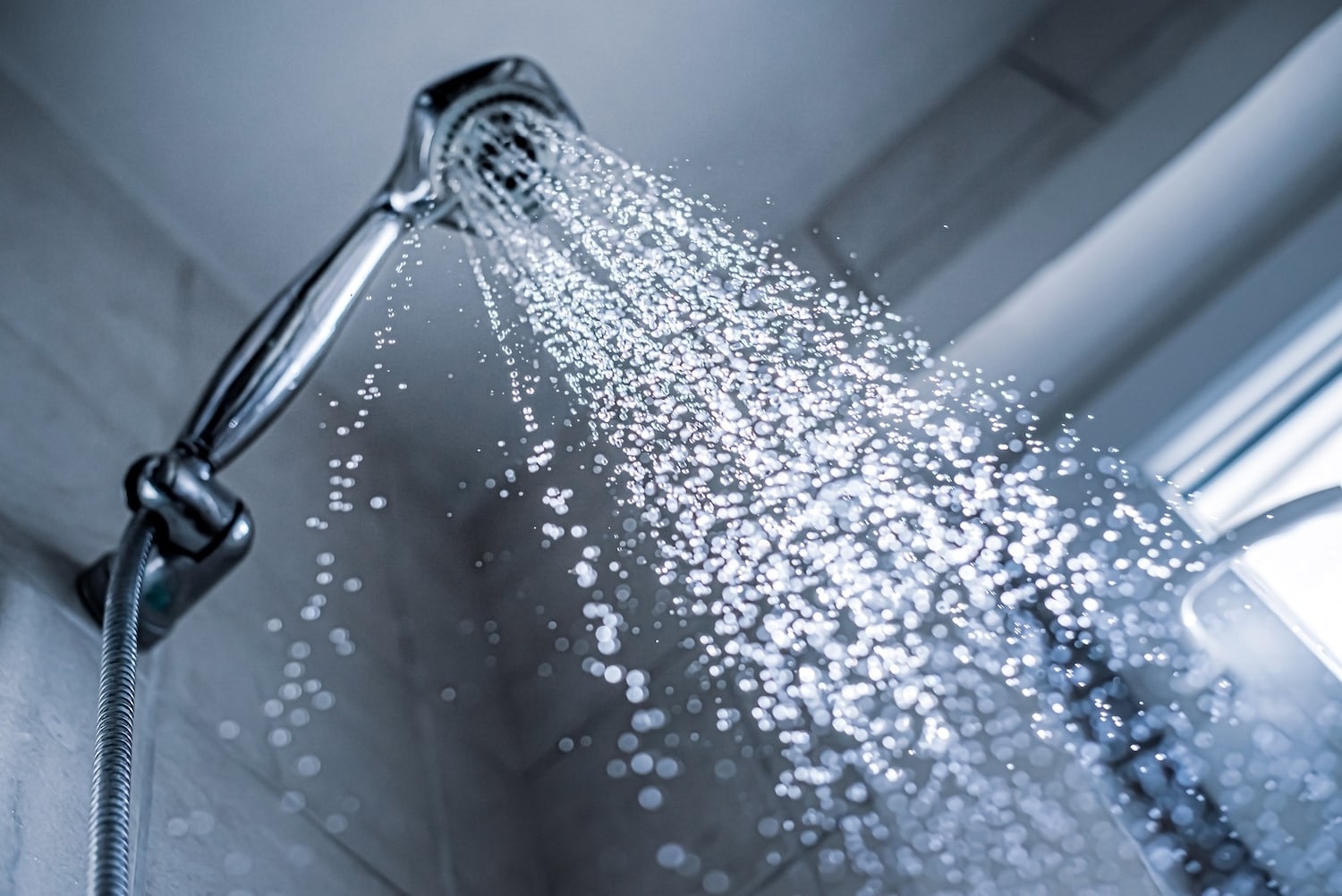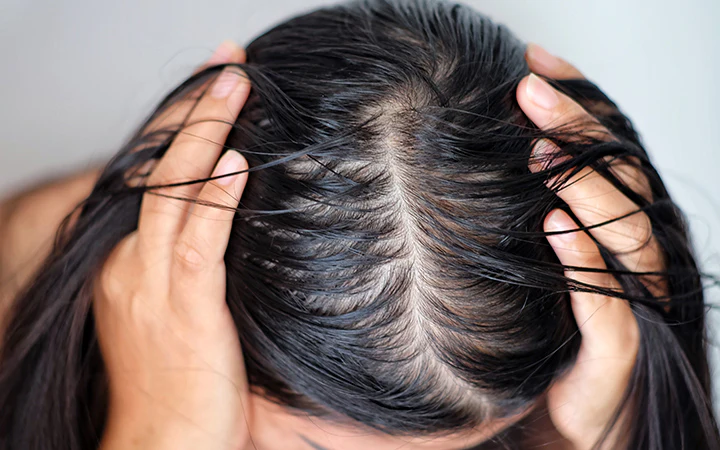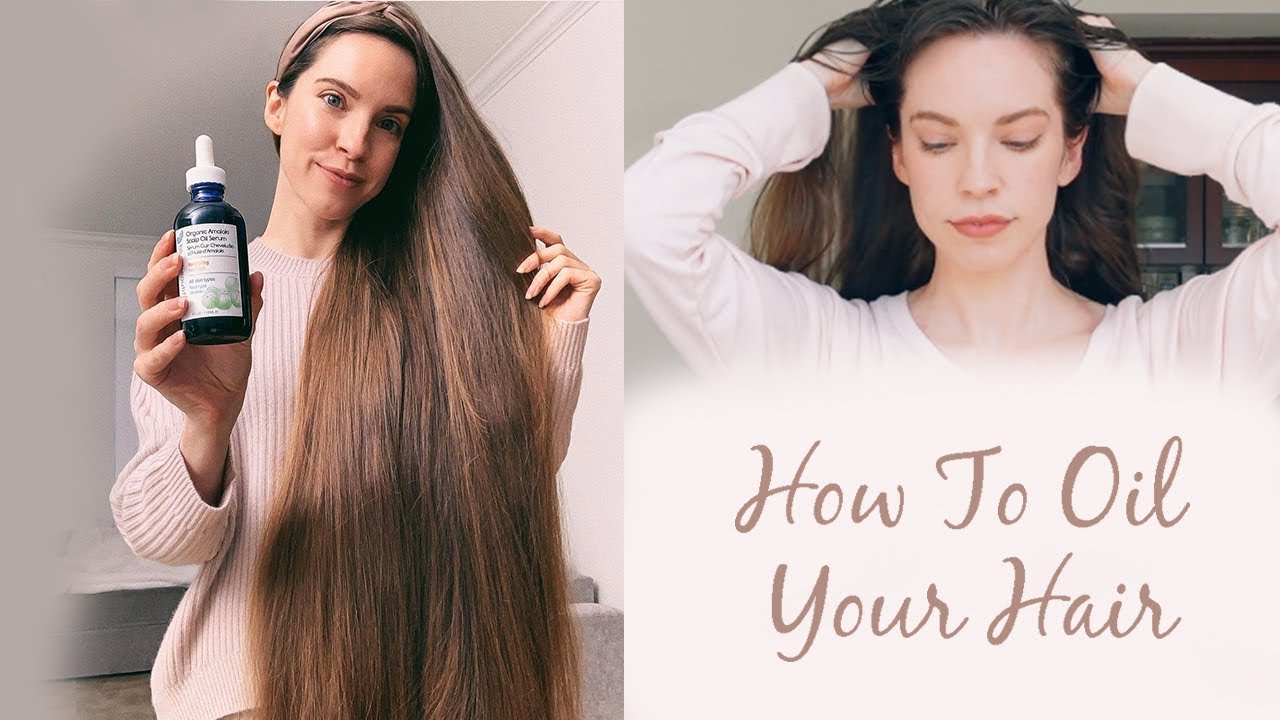Hair loss concerns millions of people worldwide, leading to various myths and misconceptions about its causes. One common myth is that high water pressure from showers can lead to hair loss. While it’s true that water pressure can contribute to hair damage, it’s essential to understand the distinction between hair damage and hair loss. This blog post will delve into how water pressure affects your hair, debunk the myth, and offer practical solutions to keep your hair healthy.
Common Misconceptions About Showering and Hair Loss?
Many believe that high water pressure during showers dislodges hair follicles, resulting in hair loss. This belief is likely reinforced by the sight of hair falling out during or after a shower, which can be alarming. However, it’s crucial to recognize that losing hair in the shower is a normal part of the hair-shedding cycle. It is common for people to lose 50 to 100 hairs a day, and seeing them come out in the shower is not unusual.
To understand this better, let’s break down the two key elements involved: the hair follicle and shaft. The hair follicles, located beneath the scalp, produce hair. Hair loss occurs when the follicles are damaged or inactive. On the other hand, the hair shaft, the visible part of the hair, can suffer damage like breakage or split ends. This is due to external factors like heat, chemical treatments, or water pressure. However, damage to the hair shaft does not cause permanent hair loss.
So, can water pressure affect hair loss? The short answer is no; it cannot directly cause hair loss. However, it can damage your hair and worsen pre-existing issues.
How Water Pressure Affects Hair
While many wonder, can water pressure affect hair, it’s important to clarify that it does not directly cause hair loss. High water pressure, especially in showers, can impact the hair shaft, leading to the following issues:
-
Breakage: Strong water jets can weaken and break the hair shaft, particularly if the hair is already fragile due to heat styling, chemical treatments, or color processing.
-
Split Ends: Repeated exposure to high-pressure water can roughen the hair cuticle, causing split ends.
-
Scalp Irritation: Excessive water pressure may irritate the scalp, causing inflammation or flakiness and exacerbating conditions like dandruff or dry scalp.
For instance, imagine washing delicate fabrics with a high-pressure hose. The water force would affect the fibers, causing fraying. In the same way, high water pressure can harm the outer layer of hair, leading to rough, dry, and brittle strands.
However, while this damage can affect the appearance and texture of your hair, it does not affect the hair follicle itself. This means it doesn’t cause true hair loss.
Other Significant Factors in Hair Loss
While high water pressure may cause hair damage, true hair loss stems from deeper, more complex causes. Let’s look at some of the primary factors.
-
Genetics: The most common cause of hair loss is androgenetic alopecia, a hereditary condition that affects both men and women. This form of hair loss is progressive, with hair follicles shrinking over time, eventually leading to thinning hair and baldness.
-
Hormonal Changes: Conditions such as pregnancy, menopause, or thyroid imbalances can lead to temporary or permanent hair loss. These hormonal shifts can affect the hair growth cycle, causing more hair to fall out than usual.
-
Medical Conditions: Diseases like alopecia areata (an autoimmune disorder), scalp infections, or certain skin conditions can result in patchy hair loss.
-
Medications: Drugs used for treating cancer, arthritis, depression, or high blood pressure may list hair loss as a side effect. For example, chemotherapy often leads to significant hair shedding because it targets rapidly growing cells, including those in hair follicles.
-
Stress and Diet: Physical or emotional stress can trigger hair loss and poor nutrition. For example, a diet lacking essential vitamins and minerals like iron, zinc, or biotin may weaken hair, making it more prone to shedding.
Can Water Quality Affect Your Hair?
You might be asking, can water affect your hair? In addition to water pressure, water quality can significantly affect hair health.
Here’s how:
-
Hard Water: This water contains high levels of calcium and magnesium. Over time, these minerals can build up on the hair, leaving it dull, dry, and more prone to breakage. This buildup can also affect the scalp, leading to irritation, dandruff, and even exacerbating conditions like eczema or psoriasis. A study published in the International Journal of Trichology found that prolonged exposure to hard water can lead to an increased rate of hair breakage and poor hair manageability.
-
Chlorinated Water: Chlorine, commonly found in tap water or swimming pools, strips natural oils from the hair, leaving it dry, brittle, and more prone to damage. Swimmers often notice their hair becoming more fragile and frizzy after regular exposure to chlorinated water.
How to Prevent Hair Damage from Water Pressure and Water Quality
Understanding the impact of water on your hair can help you take proactive steps to protect it. Here are some practical tips.
-
Adjust Water Pressure: If your shower has high water pressure, consider installing a showerhead with adjustable settings. Lowering water pressure reduces hair breakage and scalp irritation.
-
Use Water Filters: A shower filter can help reduce the impact of hard water or chlorine by filtering out harmful minerals and chemicals. This can improve your hair’s overall health and texture.
-
Gentle Hair Care: Avoid using hot water, which can strip your hair of its natural oils. Instead, use lukewarm water for washing and cold water for a final rinse to seal the hair cuticles. To minimize damage, apply gentle, sulfate-free shampoos and conditioners.
-
Healthy Lifestyle Choices: A well-balanced diet rich in vitamins and minerals is essential for healthy hair. Foods rich in biotin, zinc, and omega-3 fatty acids, such as eggs, nuts, and fatty fish, promote hair growth and strength. Managing stress through relaxation techniques and adequate sleep is also crucial for hair health.
-
Scalp Care: Regular scalp massages improve blood circulation, promoting healthy hair growth. Use mild shampoos and conditioners free of harsh chemicals to keep your scalp clean and well-nourished.
-
Medical Treatments: If you’re experiencing significant hair loss, consult a healthcare provider. Treatments like minoxidil (Rogaine) or finasteride (Propecia) may effectively manage hair loss, especially if started early.
Conclusion
While high water pressure can cause hair loss, it is not the cause of hair loss. Focusing on gentle hair care practices and addressing significant factors like genetics, hormonal changes, and medical conditions is crucial for maintaining healthy hair. By understanding the real causes of hair loss and taking proactive steps, you can effectively manage and prevent hair loss.



